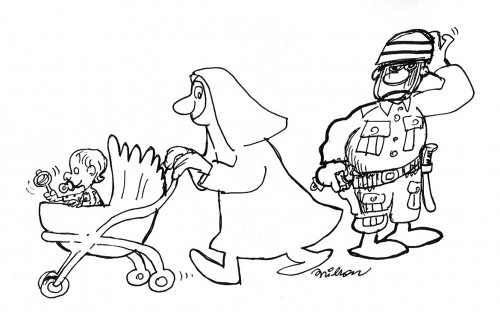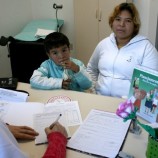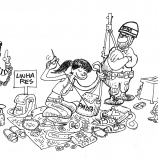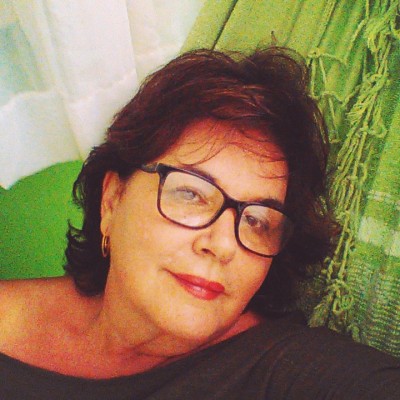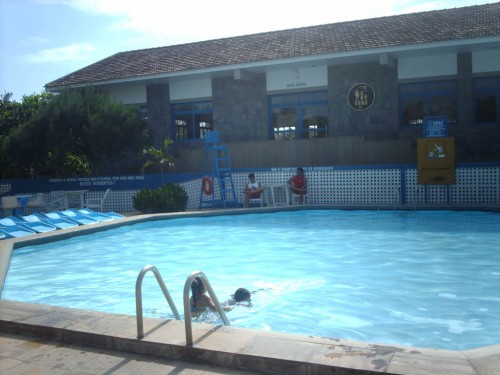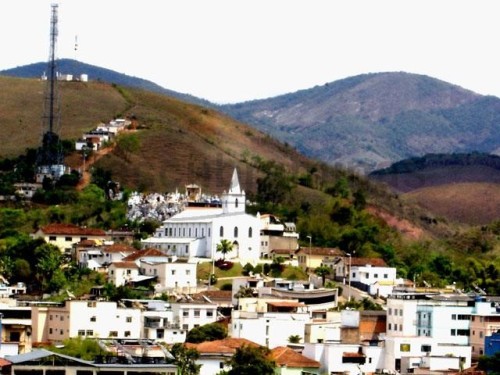Crevices of solidarity – part III Forayed and Beatriz, unconditional love
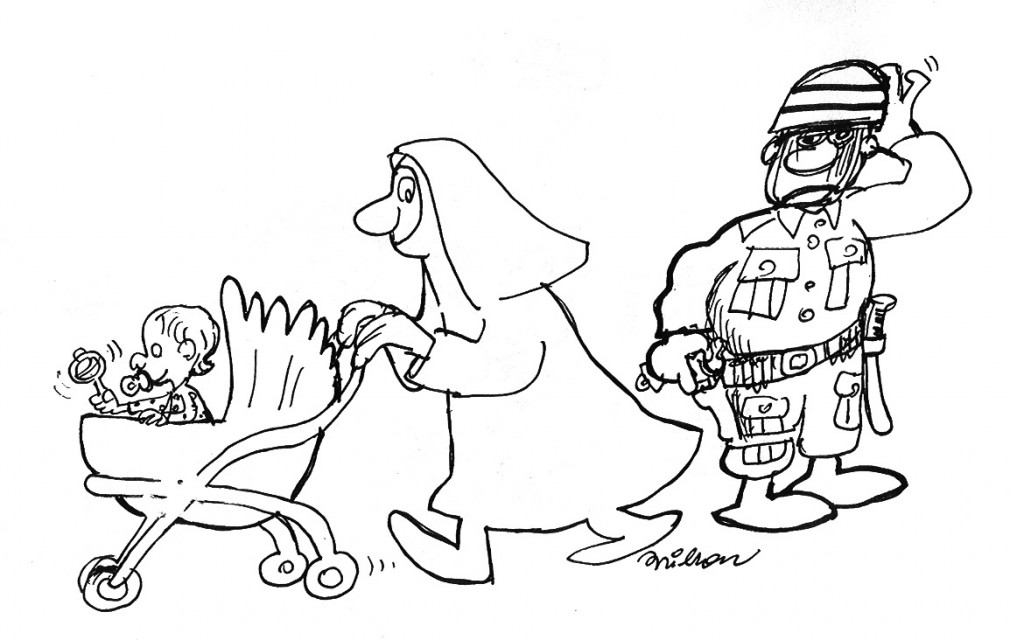
It was the eve of the trial in the Fourth Military Regional Courthouse and I was called upon by a lawyer named Alfonso Cruz from Belo Horizonte who defended some of the political prisoners. He asked me to accommodate Forayed and his year and a half year old daughter, a lovely, honey-colored, curly haired girl named Beatriz. At home, Isa and Umberto were already on the couch. It was a mess. I put Umberto on a mattress on the floor of the living room and Isa, Forayed and her little daughter slept on the double sofa.
Forayed was from Santo André, in the over-industrialized ABC area IN São Paulo state. She was a factory worker and, according to her lawyer, Alfonso, she came to trial just to comply with a formality, because she had already served time in excess for operation Bandeirante, OBAN, one similar to the Nazi Gestapo in São Paulo, and there wasn’t even the slightest possibility of her having to serve further jail time.
It was of no surprise and indignation when, at the end of the trial, Zoraide was sentenced to a further six months. She couldn’t go to the Linhares prison, because there were no feminine wards and, since she had no college education, by Brazilian law would not have the right to special prison like the “girls of Social Service,” Colin, Rosangela and Mariléa who served time in the John Emilio Institute, the House of Providence and St. Catherine’s College, traditional institutions of charity and education in Juiz de Fora.
Zoraide went to a common prison barracks in Santa Terezinha until the Military Justice decided to transfer her to a female prison for political prisoners. Bia stayed with me. I didn’t have the least experience in child care and the girl cried nonstop. Geninho cradled, jiggled, and cherished her all she could but the child screamed: Mommy! She cried herself to sleep. It was hopeless!
Bia was too smart and spoke too soon, must be her resilient nature. Those were stressful days. I couldn’t even think of work with Bia crying day and night. I decided to take the girl to see her mother in the prison barracks. It was brutal. They saw themselves amid the grills and Zoraide couldn’t even hold Bia in her arms. Right there I made a decision. I took the girl in my arms and went directly to find Judge Dr. Mauro Seixas Teles.
By a stroke of luck in destiny, I happened to have a working relationship with Dr. Mauro. He directed the Social Works of Nossa Senhora da Gloria. I, as a social worker, along with Badinha and Cristina, handled technical advice for defining city hall’s social subsidies which were endorsed by the Council of Labor and Social Welfare. Prior to giving opinions, we visited the projects and talked to the directors; just typical social worker business. I had given a favorable opinion on the work that Dr. Mauro conducted and which resulted in a significant budget allocation.
When I explained the drama of Zoraide and Bia, he was moved by the story and Bia was decisive. She didn’t cry and said in child talk, “The soldier arrested my mommy!” The human side of that judge gave way before my eyes and I summed up the courage to propose the provision of a special prison for Zoraide at a daycare center on Avenida dos Andradas. The day-care center was run by the Vincentian Sisters. Due to my work function in the Council, I had great relations with the day-care center, which also had received subsidies from city hall due to the technical advice of social workers and not owing to the influence of political patronage, which, thanks to Itamar Franco, we managed to subplot. The day-care center was an example of caring and cleanliness; an environment better suited for Zoraide to serve her jail time: Bia would have contact with other children and Zoraide could help the sisters take care of the other children.
Dr. Mauro had found the perfect solution, but he also confessed his limitations to make this decision without higher authorization and suggested that we go together and take Bia girl to the Archbishop Geraldo María de Morais Penido, who resided at the Episcopal Palace on the fashionable Av. Rio Branco. Dr. Mauro grabbed his car, a Volkswagen Beetle, and off we went to see the Archbishop. Bia behaved elegantly, tightly grasped in my lap.
The Judge told the whole story to Geraldo and asked him to request for a special prison for Zoraide in the name of Christian charity in order for him to grant the plea with greater support and avoid complications with the prosecution office and Military Court. By such forces of collective destiny, Dom Geraldo María de Morais Penido was Councilor of the Municipal Council of Labor and Social Welfare and with whom I also had a working relationship which facilitated overall consideration.
We hadn’t even finished our coffee when Archbishop Geraldo said that we were leaving, the three of us and the little girl all together, to visit the Vincentians of the Casa Maternal Maria Helena. Just imagine the sisters’ surprise at such illustrious visitors. First the conversation was led by the Bishop about Lourenco.
“….You all know well the story of St. Vincent. He never discriminated against anyone… and you as his followers cannot discriminate either… Everyone knows that all of you here receive “life’s” children and its women even and surely will take in a political prisoner who did not steal, did not kill, but fought for freedom…”
Suddenly, to my surprise, Dom Geraldo flared up and launched into a fine speech with the left to convince the sisters to receive Zoraide. They accepted the new mission without counterargument. Immediately, Zoraide was transferred to the Casa Maternal Maria Helena and stayed there for six months.
Soon after, a great human figure named Ademar walked onto the scene. He always came in from Sao Paulo. He gave a lot of support, concern and encouragement to Zoraide and soon gained the respect and friendship of all of us. “Without knowing it was impossible, he went there and did it.” Every time that I found myself faced with the challenge of breaking rules and paradigms, including those encircled with “laws,” I am reminded that it is under the aegis of moral sense that we should conduct our actions and I always took this experience for life. I, the judge and the Bishop, under the sun of my hometown, driven and touched by the innocence of Bia, went on breaking paradigms.
The lesson of little Bia is a lesson of love, of humanity and, above all, faith. At times, by certain stimuli, the light and good side that exists in every human being begins to flare and goes into action.
Related Articles


